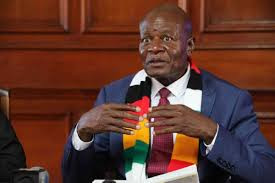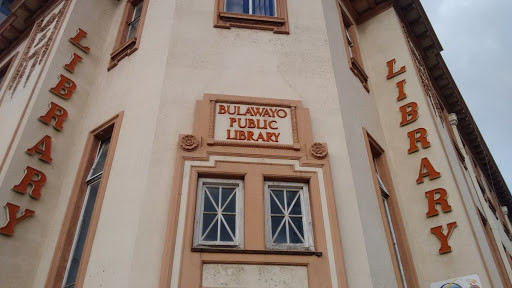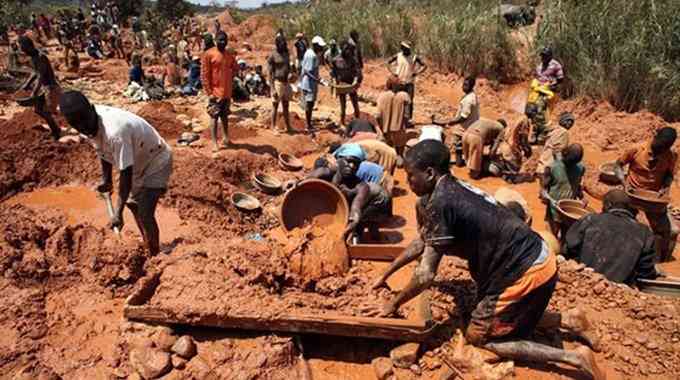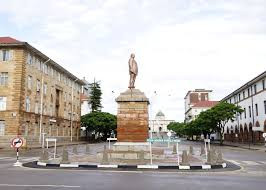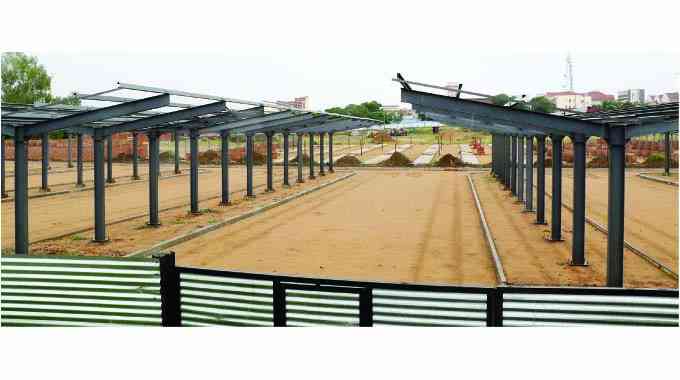
The Egodini mall project was once touted as the grand face-lift Bulawayo desperately needed — a US$60 million investment that would transform the city’s transport hub into a modern commercial complex befitting Zimbabwe’s second-largest city.
More than a decade later, Egodini remains a dusty construction site, a monument of dashed hopes and broken promises.
The South African contractor, Terracotta (Pvt) Ltd, has repeatedly failed to deliver, hiding behind a litany of excuses that expose its lack of capacity and seriousness.
What was supposed to be the biggest post-independence investment in Bulawayo has degenerated into a pie in the sky.
City councillors, boxed into a contractual straitjacket, can neither terminate the deal nor bring in new players without facing penalties.
This paralysis has left Bulawayo residents paying the price — enduring a chaotic transport system and watching as an investment that could have created thousands of jobs disappears into thin air.
But the problem at Egodini goes beyond Terracotta’s incompetence. The fingerprints of the central government are all over this fiasco.
At one point, Better Brands, owned by Harare-based Zanu PF legislator Scott Sakupwanya, almost snatched the project through a questionable tendering manoeuvre.
- Chamisa under fire over US$120K donation
- Mavhunga puts DeMbare into Chibuku quarterfinals
- Pension funds bet on Cabora Bassa oilfields
- Councils defy govt fire tender directive
Keep Reading
That episode exposed the murky underbelly of how “investments” in Zimbabwe are often less about delivery and more about political patronage.
Even Bulawayo’s mayor, David Coltart, has openly accused the government of playing dirty games with the Egodini deal.
The question that remains unanswered is why Bulawayo is being forced to carry the burden of a failed contractor.
Why should a city already struggling with deindustrialisation, unemployment and service delivery collapse be subjected to this cruel joke in the name of development?
Egodini Mall has become a metaphor for Zimbabwe’s governance crisis — where mega-deals are announced with pomp, but little to nothing materialises.
It exposes how shady procurement processes and central government interference cripple local authorities and suffocate genuine progress.
Bulawayo deserves better. Egodini must not remain a perpetual construction site; it must be reclaimed from incompetence and corruption.
If the government is sincere about uplifting this region, it should allow the City of Bulawayo the freedom to engage credible investors and hold failed contractors accountable.
Until then, Egodini will stand as a glaring reminder of how political gamesmanship and weak institutions rob citizens of real development.


